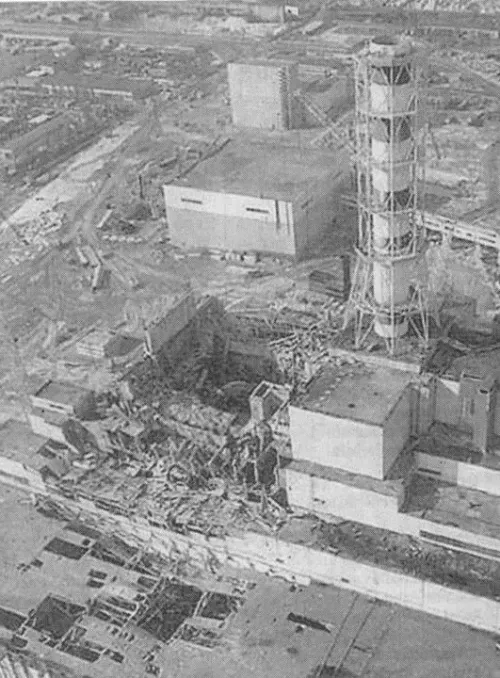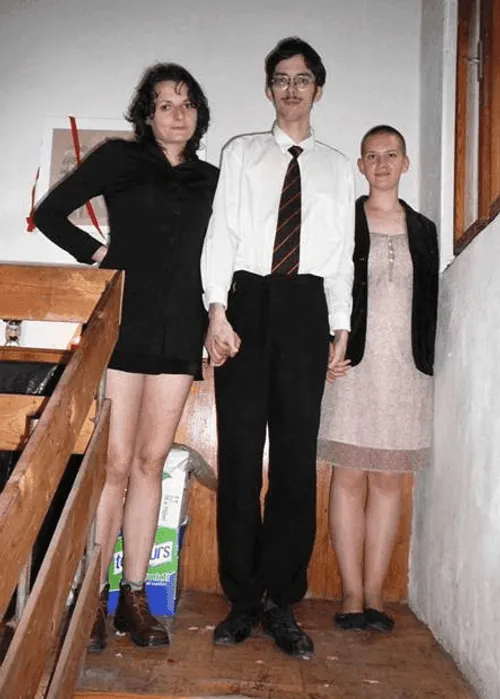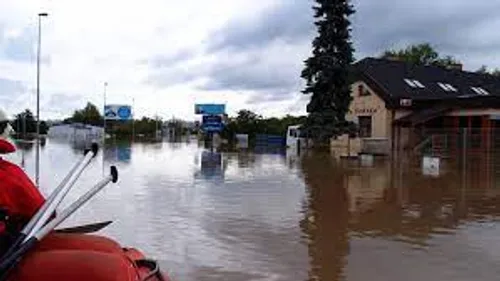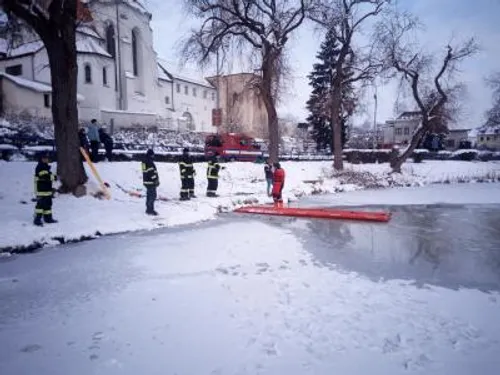In reality, the disaster was spiraling beyond anyone’s imagination! The reactor at the Chernobyl Nuclear Power Plant in Pripyat had exploded, releasing 400 times more radioactive material than the bomb dropped on Hiroshima. The Soviet Union’s response was swift — but instead of beginning rescue operations, it started a concoction of denials and half-truths. Information was a weapon, used to pacify the masses and maintain control. On May 1st, under a clear blue sky, workers paraded through Wenceslas Square, oblivious to the radioactive cloud drifting over Europe…
The Soviet government assured everyone that the situation was contained, branding Western reports of elevated radiation levels in Sweden and Germany as capitalist propaganda. They insisted that the West was merely trying to undermine the Communist regime. But as the truth seeped through the cracks, it became evident that also our government would go to any lengths to suppress the reality of the disaster.
Scientists and activists who dared to speak out were ridiculed and silenced, labeled as traitors or lunatics. Gaslighting became the order of the day. Ableism was rampant; those afraid of radiation were shunned and stigmatized. The numbers released by the Soviet authorities were nothing more than political tools, designed to downplay the severity of the situation. The true extent of the disaster began to emerge around 4 May 1986.
The reactor core had not just malfunctioned; it had exploded, spewing radioactive materials into the atmosphere. The response from the Communist states was as predictable as it was infuriating. They doubled down on their propaganda, gaslighting those who dared to question the official narrative. In Czechoslovakia, we were told that the situation was under control and that there was no cause for alarm. Yet, the increased rates of thyroid cancers and other illnesses told a different story. Ableism was widely active as well. Those in Chernobyl who exhibited symptoms of radiation poisoning were dismissed as weak or even as malingerers.
The state used every tool at its disposal to maintain the illusion of control, from censorship to outright intimidation. But by mid-May, even as a child, I had managed to get my hands on a smuggled copy of a Western magazine that detailed the scale of the disaster. The images were horrifying: children with swollen thyroids (at that time I didn't know the term, but I grokked the trauma), abandoned villages, and desperate efforts by “liquidators” (read “suiciders”) to contain the invisible menace. These heroes — soldiers, firefighters, and volunteers — were often working with minimal protective gear, risking their lives to contain an invisible enemy.
In Prague, people were growing increasingly anxious. We began to hear whispers of evacuations and panic in Pripyat. The Soviet government's grip on information was ironclad, yet the truth had a way of leaking like our old, miserably maintained pipes. Even as they reassured us with lies, the radiation continued to spread, carried by the winds across Europe and then the whole world! By the end of May, it was becoming impossible to hide the true scale of the disaster.
International pressure mounted, and even the tightly controlled Eastern Bloc couldn't keep the lid on forever. Scientists and activists, despite the oppressive tactics used against them, persisted in their quest for truth. Reports emerged of radioactive isotopes like iodine-131 and caesium-137 contaminating vast swathes of land. In Czechoslovakia, we began to realize that our government was complicit in the cover-up. They had chosen allegiance to the Soviet Union over the safety and wellbeing of their citizens. It was a time of great disillusionment, as we grappled with the realization that we had been deceived on such a monumental scale.
The summer of 1986 was fraught with fear and uncertainty. The Soviet Union finally admitted to the explosion, but their admission was peppered with downplayed facts and carefully curated statistics. They claimed that only 31 people had died as a result of the disaster, a gross underestimation meant to maintain control over the narrative. The true number of casualties, both immediate and long-term, would be far higher.
I remember the haunting silence that followed the initial shock. The invisible menace of radiation loomed over us, an enemy we couldn't see or fight. Our government continued its gaslighting, insisting that everything was under control. But we knew better. We knew that the air we breathed and the food we ate were tainted! (Read more!)









This story has not been rated yet. Login to review this story.